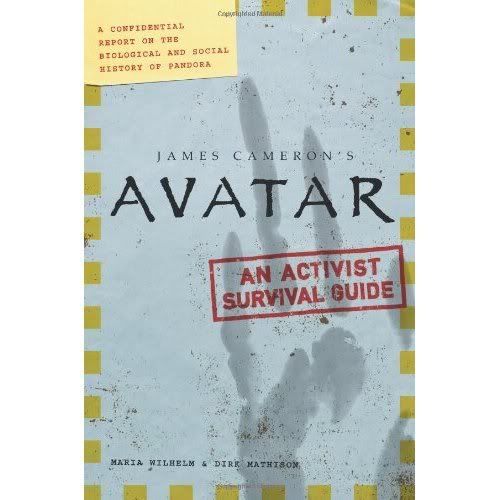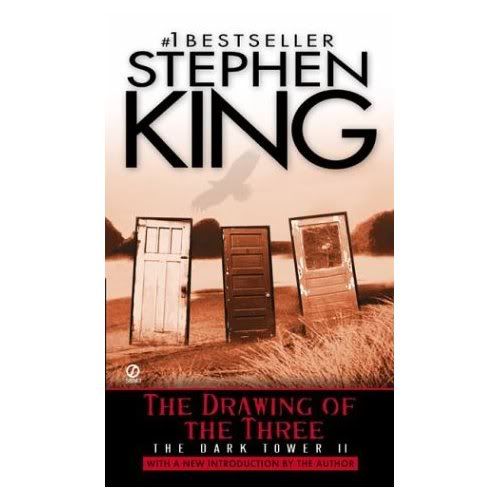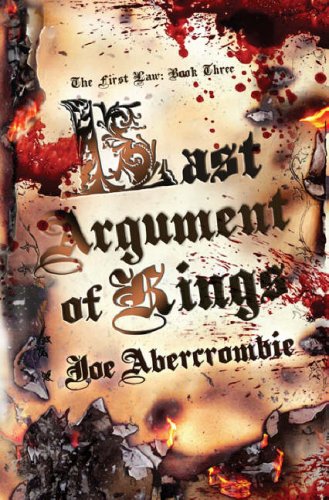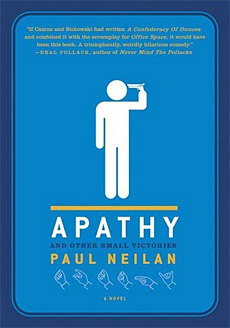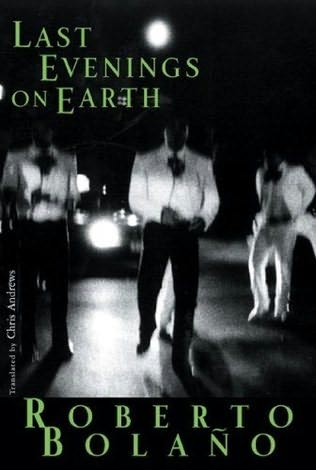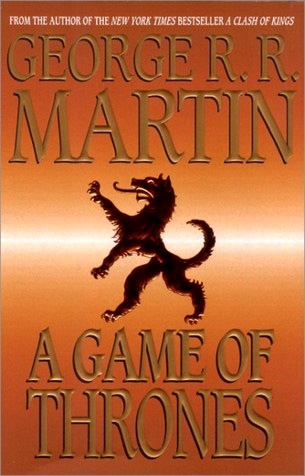Read two books in the last week of 09: Elizabeth Kostova's "The Historian" and Arto Paasilinna's "The Year of the Hare". Both very enjoyable.

The Historian is a surprisingly good, modern Dracula-tale. It's not without flaws, the plot being driven forward by a string of extremely unlikely happy coincidences the worst of them, but if you can overlook that, it's a worthy follow-up to Bram Stoker's Dracula. The historic detail is very impressive, and Dracula himself is terrifying.

The Year of the Hare is a short, quirky fable-like tale about a man who suddenly, upon hitting a little hare with his car and picking it up, decides to escape from his frustrating life and wander out into the Finnish woods together with the hare. They get into shenanigans. Lots of them. Many laugh-out-loud moments and strange characters.

It's been a sort of ritual with me to start the year with a long, difficult book, and this year is no exception. Just started Thomas Pynchon's "Mason & Dixon", which has stood in my bookshelf for three-and-a-half years. His language is overwhelming, so it will take a while to get into the groove of it. Love the little I've read so far, though!

The Historian is a surprisingly good, modern Dracula-tale. It's not without flaws, the plot being driven forward by a string of extremely unlikely happy coincidences the worst of them, but if you can overlook that, it's a worthy follow-up to Bram Stoker's Dracula. The historic detail is very impressive, and Dracula himself is terrifying.

The Year of the Hare is a short, quirky fable-like tale about a man who suddenly, upon hitting a little hare with his car and picking it up, decides to escape from his frustrating life and wander out into the Finnish woods together with the hare. They get into shenanigans. Lots of them. Many laugh-out-loud moments and strange characters.

It's been a sort of ritual with me to start the year with a long, difficult book, and this year is no exception. Just started Thomas Pynchon's "Mason & Dixon", which has stood in my bookshelf for three-and-a-half years. His language is overwhelming, so it will take a while to get into the groove of it. Love the little I've read so far, though!











